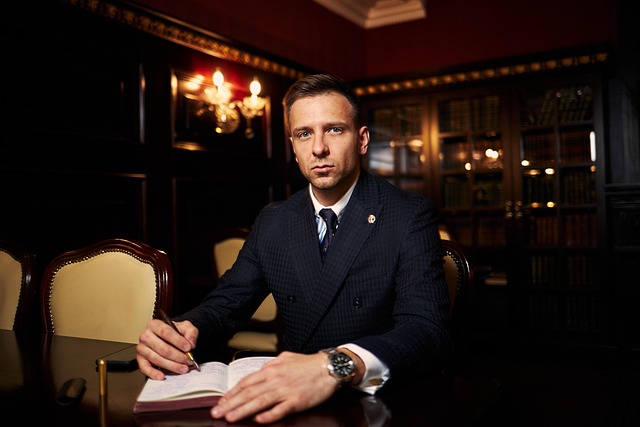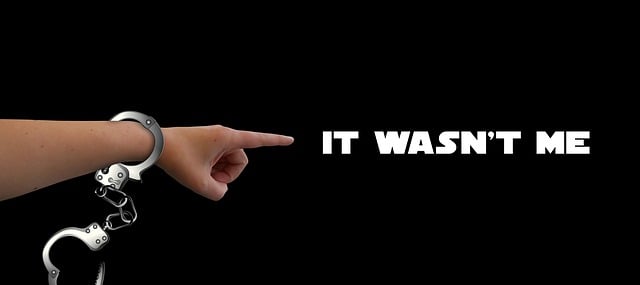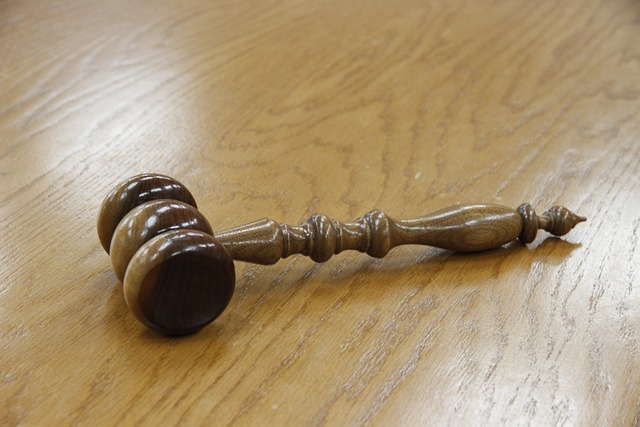Regulatory fraud laws protect consumers and investors from deceptive practices. Effective voir dire is crucial in criminal trials for impartial jury selection, ensuring fair outcomes, especially in complex white-collar defense cases. Case studies show that robust fraud measures and strategic voir dire protect businesses and maintain legal integrity.
Regulatory fraud laws play a pivotal role in safeguarding our economic and legal landscapes, ensuring that businesses operate ethically. This comprehensive guide explores the intricate world of these laws, with a focus on understanding their significance and application. We delve into crucial aspects such as voir dire’s vital role in uncovering criminal intent during trials. By examining real-world case studies, we highlight effective strategies for jury selection in fraud cases, emphasizing the importance of Voir Dire in achieving just outcomes.
- Understanding Regulatory Fraud Laws: A Comprehensive Overview
- The Role of Voir Dire in Uncovering Criminal Intent
- Strategies for Effective Jury Selection in Fraud Cases
- Case Studies: Successful Implementation of Regulatory Fraud Measures
Understanding Regulatory Fraud Laws: A Comprehensive Overview
Regulatory fraud laws are designed to protect consumers and investors from deceptive practices and ensure fair market operations. These laws cover a wide range of activities, including financial manipulation, misrepresentations in product safety, and corrupt business dealings. Understanding these regulations is crucial for both businesses and legal professionals, especially when navigating complex white-collar defense cases. The importance of voir dire in criminal trials cannot be overstated; it’s a key process that helps select an impartial jury, ensuring a fair trial for all parties involved.
By examining potential biases and prejudices, lawyers can achieve extraordinary results in what are often considered challenging defense verdicts. Regulatory fraud cases require meticulous attention to detail and a deep understanding of the legal framework. Through strategic voir dire, defendants can protect their rights while securing a jury that reflects the community, fostering transparency and justice within the legal system.
The Role of Voir Dire in Uncovering Criminal Intent
Voir dire plays a pivotal role in criminal trials, acting as a critical filter to uncover potential biases and criminal intent among prospective jurors. This meticulous process involves questioning each potential juror individually to assess their suitability for a particular case. The importance of voir dire lies in its ability to ensure a fair and impartial jury, which is essential for achieving just and extraordinary results in legal proceedings.
During voir dire, lawyers have the opportunity to gain insights into the respective business and experiences of potential jurors, allowing them to make informed decisions about challenging or accepting them. This strategic selection process can significantly influence the outcome of challenging defense verdicts, as it helps to maintain a jury composed of individuals who can remain objective and focused on the evidence presented in court.
Strategies for Effective Jury Selection in Fraud Cases
In fraud cases, where intricate financial schemes and complex narratives often come into play, selecting an impartial jury is paramount to ensuring a fair trial. The voir dire process, a critical component of criminal trials, allows judges and attorneys to carefully examine prospective jurors. This involves delving into their backgrounds, experiences, and biases to identify any potential conflicts or preconceived notions that might influence their decision-making. By questioning jurors about their understanding of financial concepts, exposure to similar cases, and personal associations with the industry at hand, lawyers can make informed decisions on challenging or accepting them.
Effective jury selection goes beyond identifying red flags; it’s also about recognizing potential allies. Prospective jurors who have a strong sense of ethics, an analytical mindset, and a commitment to understanding complex issues are valuable assets. Moreover, ensuring diversity in the jury pool is essential, as different backgrounds can bring unique perspectives to the table. This all stages of the investigative and enforcement process requires attorneys to be strategic, empathetic, and thorough during voir dire, ultimately shaping the dynamics of the trial and potentially influencing its outcome for corporate and individual clients alike.
Case Studies: Successful Implementation of Regulatory Fraud Measures
In recent years, numerous case studies have demonstrated the critical importance of robust regulatory fraud measures in combating white-collar and economic crimes. One notable example involves a global financial institution that implemented advanced data analytics and enhanced internal controls, leading to the successful identification and prevention of fraudulent activities. This proactive approach resulted in a complete dismissal of all charges against the respective business, underscoring the effectiveness of such measures.
Another compelling case study highlights the role of voir dire in criminal trials. By utilizing meticulous voir dire processes, a tech startup was able to shield itself from baseless allegations of fraud. Through careful selection of jurors and transparent communication, the company avoided prolonged legal battles and ensured the integrity of its business practices. This strategy not only protected the respective business but also set a precedent for other enterprises navigating complex regulatory environments.
In conclusion, regulatory fraud laws play a pivotal role in maintaining integrity within financial and business sectors. By combining a thorough understanding of these laws with strategic jury selection techniques, such as the crucial process of voir dire, courts can ensure fair and effective justice. Case studies demonstrate that proactive implementation of regulatory fraud measures not only deters illegal activities but also fosters trust in institutions. The importance of voir dire in criminal trials cannot be overstated, as it enables judges and lawyers to uncover potential biases and ensure a jury’s impartiality, ultimately strengthening the integrity of the criminal justice system.






